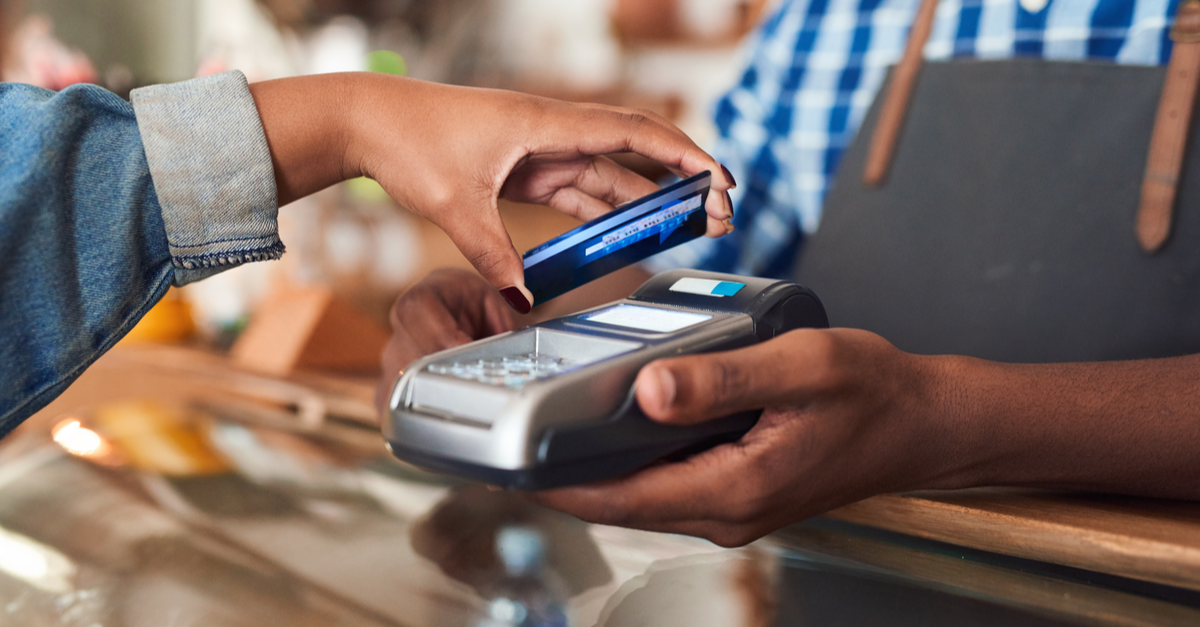Featured Offer: AI Accelerators
Industry-optimized AI tools designed to solve your toughest challenges in weeks, not months.
Capabilities


Industry-optimized AI tools designed to solve your toughest challenges in weeks, not months.


In the past, technology simply helped retailers do what they've always done, only better, faster and more effectively.
Now, retailers are embedding tech into every step along the supply chain and purchase path. Each phase of the end-to-end retail experience—starting with production and continuing into sales and repurchase—can now be consumer-first and personalized.
As customers' expectations for best-in-class shopping increase thanks to the immediacy and personalized relationships crafted by retail upstarts and e-commerce giants, data-led intelligence is essential to thriving in this competitive landscape.
Historically for the retail industry, any initiative aimed at introducing and refining alternative shopping methods has been viewed as an expensive experiment at best and a distraction at worst.
The rapid adoption of new convenience channels and the introduction of third-party support providers have left many retailers without the data needed to refine these practices.
When third-party delivery systems are involved, it is even harder for retailers to learn from their customers. Third parties (like DoorDash and Uber Eats) actually collect the data, leaving the retailers without the core insight or the means to communicate with their buyers.
It definitely bears mentioning that as retailers continue to pursue personalization, consumer trust plays a huge role.
Research by the Retail Industry Leaders Association (RILA) found a majority of consumers (63%) don't mind sharing personal data with retailers "in exchange for benefits such as automatic credits for coupons and loyalty points (64% of those surveyed), access to exclusive deals (60%), the ability to gain points and rewards (56%) or special offers for items that interest them (53%)," as reported by Retail Dive.
These findings sync up with the RIS "Retail 2025 Shopper Study," which showed an uptick of consumer interest in allowing retailers to use digital identification for shoppers, up 73% in 2018 from 57% a year earlier. However, they are primarily looking for a benefit, such as reminding them of a reward to redeem (65%) or receiving offers within the store (59%), the study noted.
Of course, it's easy to sing the virtues of data analytics. Collecting, organizing, and acting on those insights is more complicated. Retailers will have to revisit their entire technology infrastructure and implement processes and procedures that make this data collection seamless and actionable.
Strategic support partners will undoubtedly play a large role in this process, easing the friction points of implementing and operating these systems.
With strong professional support and guidance, retailers will adjust to the next phase of our "new normal," placing consumer convenience at the forefront of their offering and evolving along with consumer needs.
We find ourselves at an inflection point in the industry. Those organizations that recognize the opportunity in front of them and act accordingly will not only survive but thrive in this new environment.
 As Solugenix VP of Customer Experience and Support Services, Chris Antonelli manages the delivery of customer support services and customer experience initiatives for clients in the retail and financial services industries. Chris leverages two decades of experience in leadership roles where she has guided best-in-class customer support service solutions to global brands like McDonald’s, BMW, Citibank, Sonic Drive-In, and Jiffy Lube. As an Executive Council member for Ellevate Network, Chris is dedicated to the professional development of women in the workforce and ardent supporter of remote workforce development.
As Solugenix VP of Customer Experience and Support Services, Chris Antonelli manages the delivery of customer support services and customer experience initiatives for clients in the retail and financial services industries. Chris leverages two decades of experience in leadership roles where she has guided best-in-class customer support service solutions to global brands like McDonald’s, BMW, Citibank, Sonic Drive-In, and Jiffy Lube. As an Executive Council member for Ellevate Network, Chris is dedicated to the professional development of women in the workforce and ardent supporter of remote workforce development.
These Stories on AI
Technology & Process for Growth
601 Valencia Ave, Suite 260
Brea, CA 92823
Call us: 1-866-749-7658
No Comments Yet
Let us know what you think